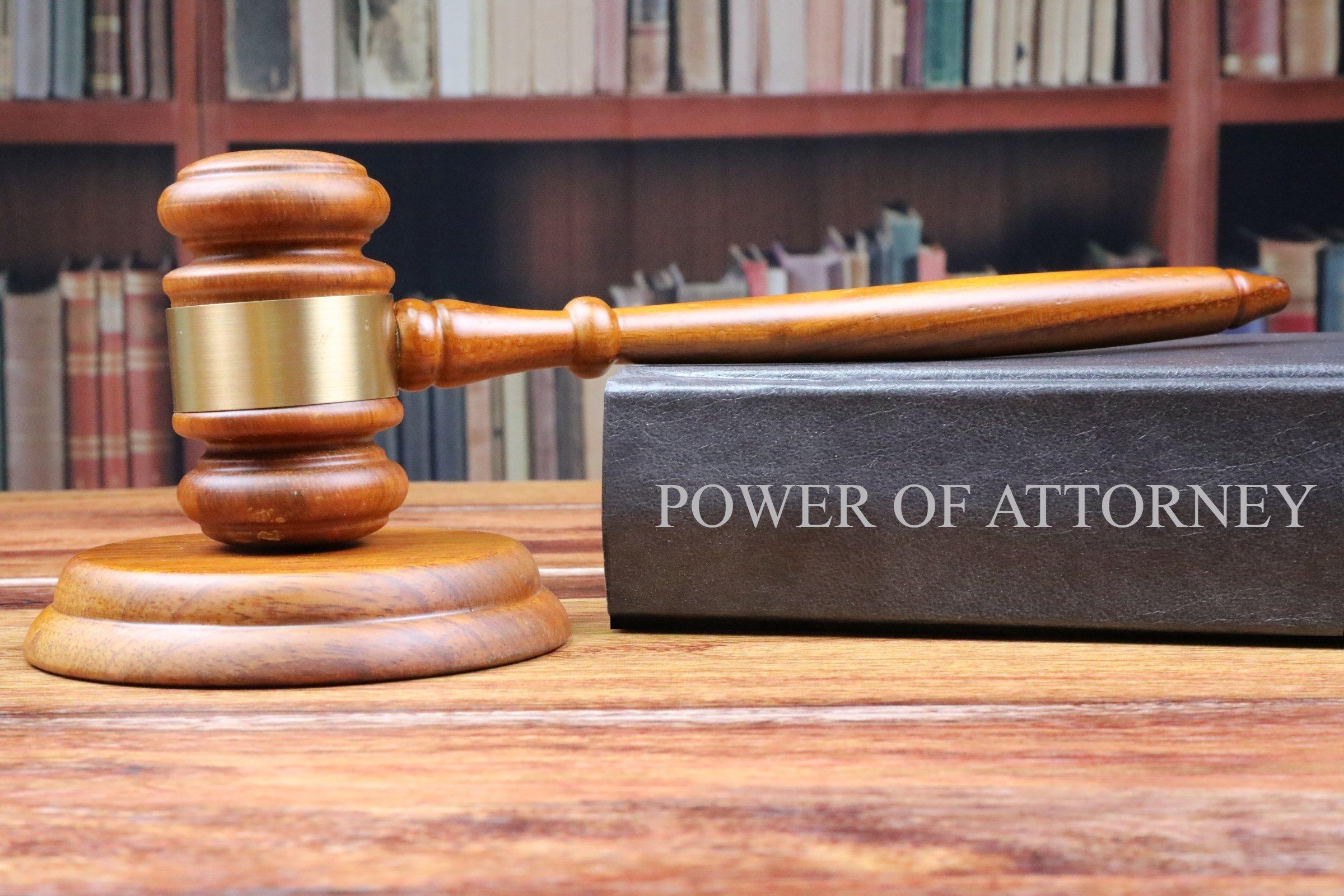As we navigate the complexities of estate planning and inheritances, one commonly overlooked question arises - can you inherit if you have power of attorney? This article will delve into the nuances of this issue, exploring the legal implications and potential complications that may arise when the roles of inheritor and power of attorney intersect. Join us on this journey as we unravel the intricacies of inheritance law and shed light on the intersection of these two crucial roles.
Understanding the Power of Attorney and Inheritance Rights
When it comes to the complex world of inheritance rights and power of attorney, it’s important to understand how the two intersect. Having power of attorney does not automatically grant you the right to inherit assets from the person you are representing. The power of attorney only empowers you to make legal and financial decisions on their behalf while they are alive. In order to inherit assets, you must be named as a beneficiary in the person’s will or be entitled to inherit under state intestacy laws if there is no will in place.
It’s crucial to communicate openly with the person you are representing to ensure their wishes are clearly stated in their will. If you are uncertain about your inheritance rights, consult with a legal professional to guide you through the process. Remember, having power of attorney is a significant responsibility that should not be taken lightly, and understanding the intricacies of inheritance rights can help you navigate the legal complexities with confidence.

The Impact of Power of Attorney on Inheriting Assets
When it comes to inheriting assets, having power of attorney can significantly impact the process. While the general rule is that you cannot inherit assets if you have power of attorney, there are exceptions to this rule. It ultimately depends on the specific circumstances and the type of power of attorney in place.
Some key points to consider regarding include:
- **Authority**: The authority granted in the power of attorney document will dictate whether the individual can inherit assets on behalf of the incapacitated person.
- **Rules**: Each state has its own rules and regulations regarding power of attorney and inheritance, so it is important to consult with a legal professional to understand the specific laws in your jurisdiction.

Navigating Legalities: Can a Power of Attorney Receive an Inheritance?
When it comes to navigating legalities surrounding inheritances and power of attorney, the matter can become quite complex. Many individuals wonder whether having power of attorney over someone automatically entitles them to inherit assets or property from that individual. The short answer is no, having power of attorney does not grant you the right to receive an inheritance. However, there are some important considerations to keep in mind.
One key factor to remember is that the power of attorney ends upon the death of the individual, at which point the executor of the estate takes over. Additionally, the individual who granted you power of attorney may have specified in their will who they wish to leave their assets to. It is important to consult with legal professionals to ensure that all aspects of the inheritance process are handled correctly and in accordance with the law.

Important Considerations and Recommendations for Potential Inheritors with Power of Attorney
When it comes to inheriting assets while holding power of attorney, there are several important considerations to keep in mind. One key factor to remember is that having power of attorney does not automatically entitle you to inherit the assets of the individual you are representing. In most cases, the individual’s will or estate plan will dictate how their assets are distributed upon their passing.
It is crucial for potential inheritors with power of attorney to take the following recommendations into account:
- Review the individual’s will: Understand the contents of the will or estate plan to determine what assets you may be entitled to inherit.
- Seek legal advice: Consult with a knowledgeable attorney who can provide guidance on your rights and responsibilities as an inheritor with power of attorney.
- Consider potential conflicts of interest: Be mindful of any conflicts that may arise between your role as power of attorney and your potential role as an inheritor.
In Retrospect
In conclusion, while the power of attorney grants individuals the authority to act on behalf of another, it does not automatically entitle them to inherit assets or property. Inheritance laws vary by jurisdiction and circumstances, so it is important to consult with legal professionals and have a clear understanding of the specific terms outlined in the power of attorney document. Ultimately, navigating the complex intersection between power of attorney and inheritance requires careful consideration and informed decision-making. Thank you for reading.







